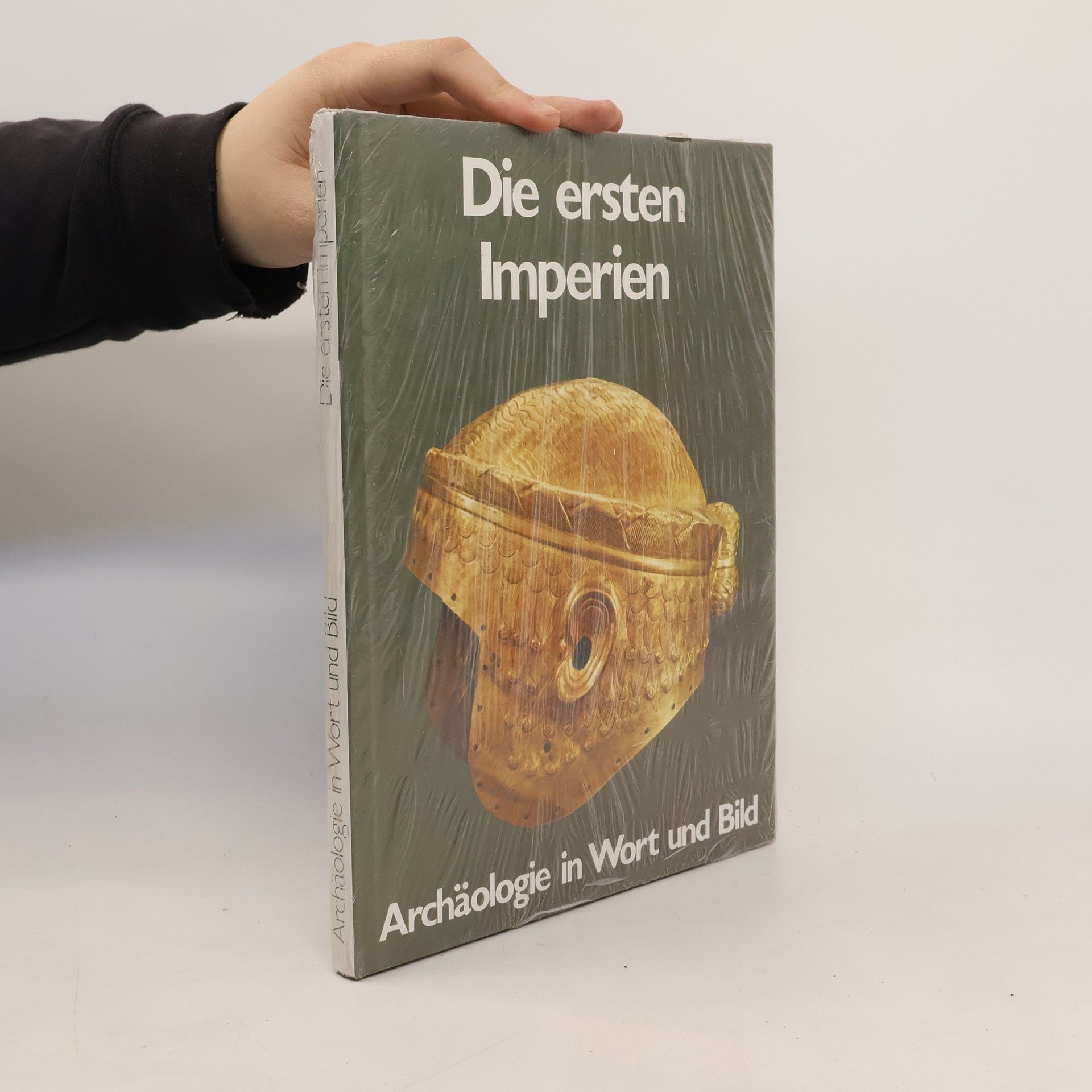Nicholas Postgate Bücher
5. November 1945
Nicholas Postgate ist ein britischer Assyriologe, der sich auf den Alten Orient spezialisiert hat. Seine Arbeit befasst sich mit den Komplexitäten mesopotamischer Kulturen, Sprachen und archäologischer Stätten. Durch seine wissenschaftliche Arbeit beleuchtet Postgate grundlegende Aspekte früher Zivilisationen und bietet den Lesern tiefe Einblicke in ihre Geschichte und Gesellschaftsstrukturen.
